Israeli–Palestinian conflict to be resolved only through negotiations: Putin
Russian President Vladimir Putin says the conflict between the Israeli regime and Palestinians could only be resolved through political means based on international law.
“As a member of the Middle East quartet, Russia together with the US, the UN and the European Union, will continue to prove the necessity of direct dialogue between Palestinians and Israelis," Putin added at a joint press conference with his Palestinian counterpart Mahmoud Abbas in the Black Sea resort of Sochi on Thursday.
Putin also cautioned against taking "one-sided steps" and called for making "mutually acceptable decisions" to try to resolve the Israeli-Palestinian conflict.
The last round of Israeli-Palestinian talks collapsed in 2014. Among the major sticking points in those negotiations was Israel’s continued settlement expansion on Palestinian territories.
Since the January inauguration of US President Donald Trump, who is a steadfast supporter of Israel, the regime in Tel Aviv has stepped up its construction of settler units on occupied Palestinian land in a blatant violation of international law.
Less than a month before Trump took office, the United Nations Security Council adopted Resolution 2334, calling on Israel to “immediately and completely cease all settlement activities in the occupied Palestinian territories, including East Jerusalem” al-Quds.
About 600,000 Israelis live in over 230 illegal settlements built since the 1967 Israeli occupation of the Palestinian territories of the West Bank and East Jerusalem al-Quds.
Palestinians want the West Bank as part of a future independent Palestinian state, with East Jerusalem al-Quds as its capital.
Abbas, for his part, briefed Putin on the latest Israeli violations of Palestinians' rights, including continuous settlement building activities, "policies of economic suffocation, and persistence to hold thousands of detainees in Israeli prisons."
The Palestinian leader added that the Israeli violations will eventually "lead to destroying the chance to create peace in the (Middle East) region," and "abolish the idea of a two-state solution."
He further highlighted the importance of fulfilling the humanitarian needs of hundreds of Palestinian inmates, who continue to be on hunger strike in Israeli jails, stating that the Ramallah-based Palestinian Authority will exert all efforts possible to secure their release.
Since April 17, more than 1,600 Palestinian prisoners have joined the protest action, dubbed the Freedom and Dignity Strike.
The strikers are demanding basic rights, such as an end to the policies of administrative detention, solitary confinement and deliberate medical negligence.

The much criticized administrative detention is a policy under which Palestinian inmates are kept in Israeli prisons without trial or charge.
The Palestinian inmates regularly hold hunger strikes in protest against the administrative detention policy and their harsh prison conditions.
Nearly 700 prisoners are currently held in administrative detention. Some of the inmates have been held in prison under the policy for up to 11 years.
Abbas hails Russian anti-terror efforts
The Palestinian president also hailed “Russia’s efforts to fight terrorism, and its assistance to maintain peace and security in the Middle East, including Syria.”
Russia, with backing from Turkey and the Islamic Republic of Iran, brokered a deal for establishing de-escalation zones in mainly militant-held areas of Syria during ceasefire talks in the Kazakh capital city of Astana last week.
The plan, which came into effect at midnight last Friday, calls for the cessation of hostilities between militant groups and Syrian government forces.
The four zones cover areas in the provinces of Damascus, Idlib, Latakia, Aleppo, Homs, Hama, Dara'a and Quneitra.
“Since the very beginning, we have called on solving the crises in the region through dialogue, in order to preserve the peace and sovereignty of these nations,” Abbas added.
Mali, Burkina Faso impose reciprocal travel bans on US citizens
VIDEO | Winter deepens suffering of displaced families in northern West Bank camps
Probe reveals suspiciously ‘precise’ Israeli airstrike killed 15 family members in S Gaza in 2024
VIDEO | Trump, Netanyahu against Iran
UNRWA chief warns Israeli restrictions will deepen Gaza crisis
China's factory activity snaps record slump
VIDEO | Iranians rally in support of Islamic Republic
Israel begins demolition of 25 homes in West Bank refugee camp



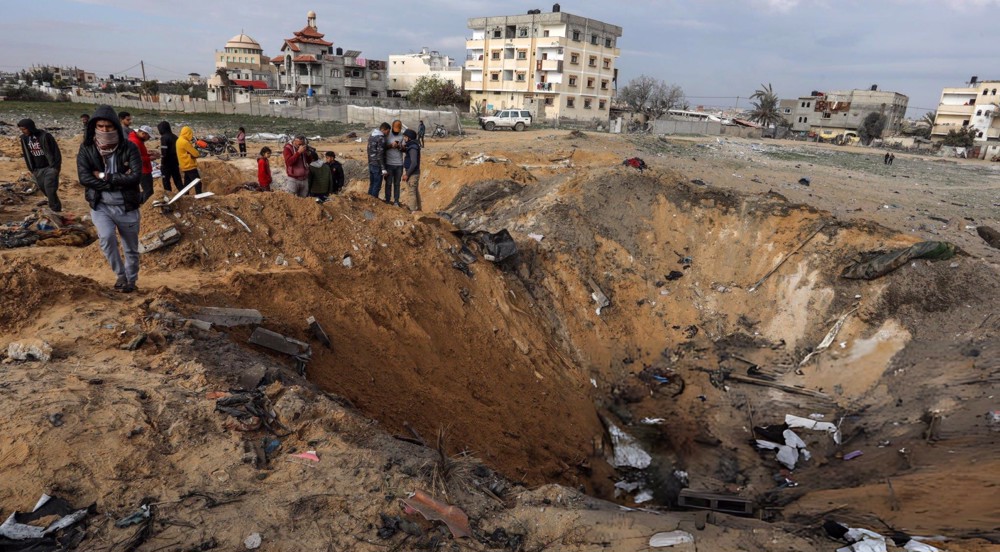
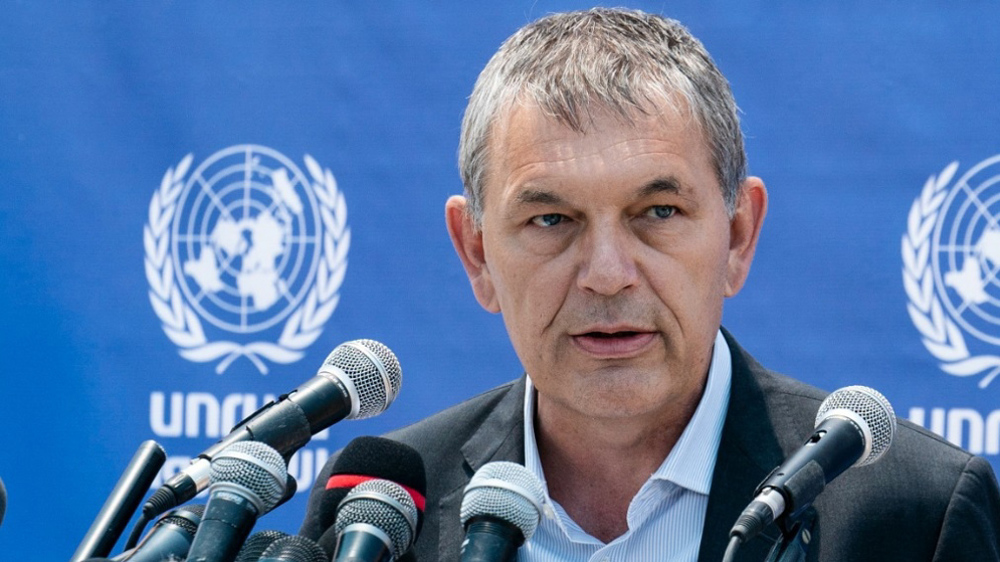
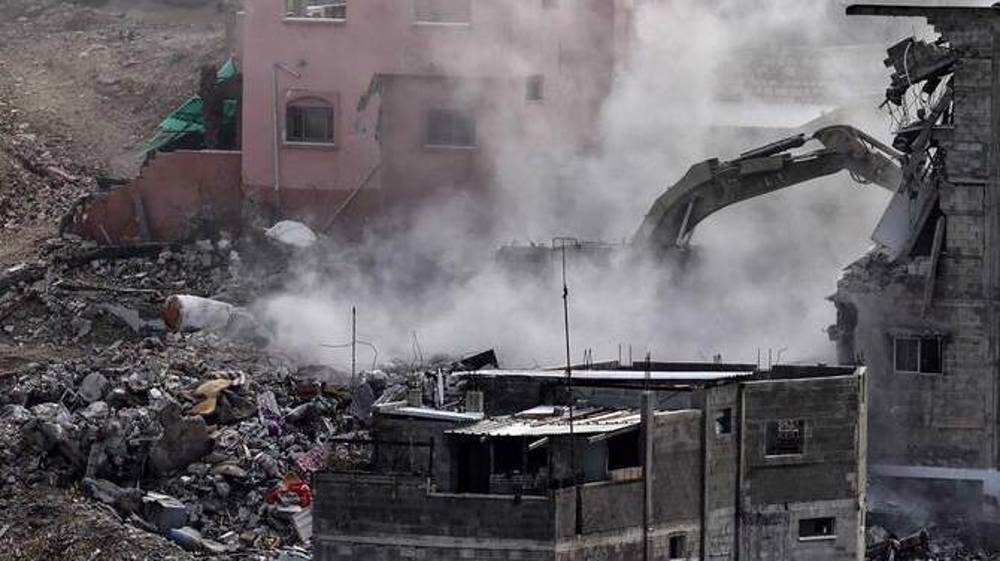







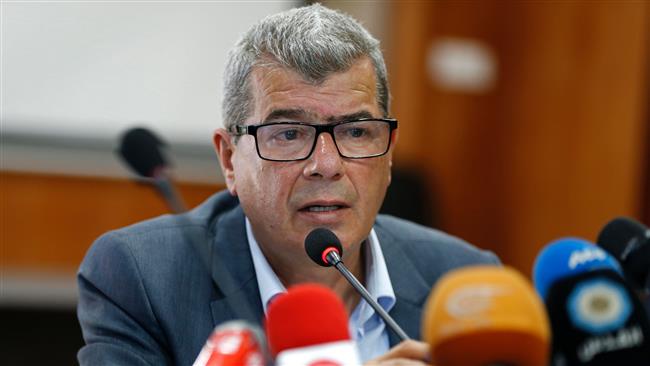
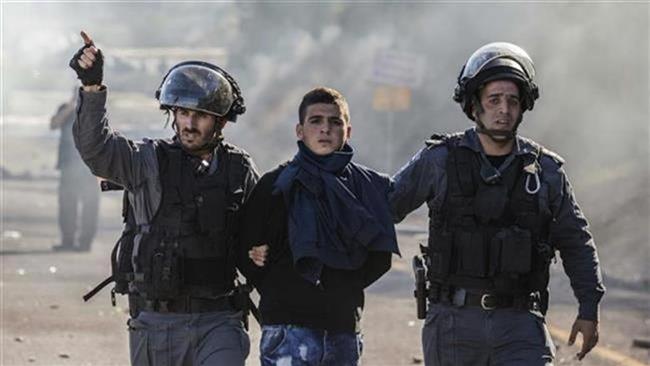
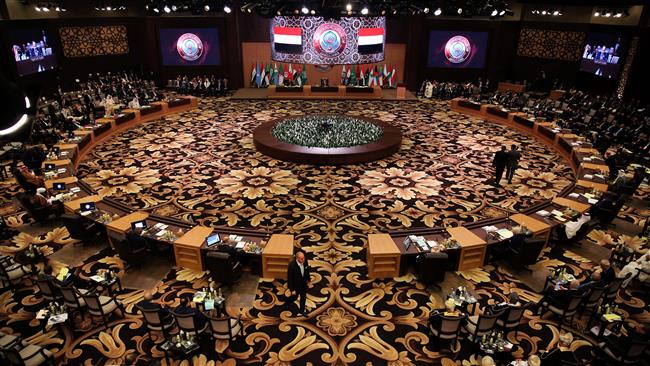

 This makes it easy to access the Press TV website
This makes it easy to access the Press TV website